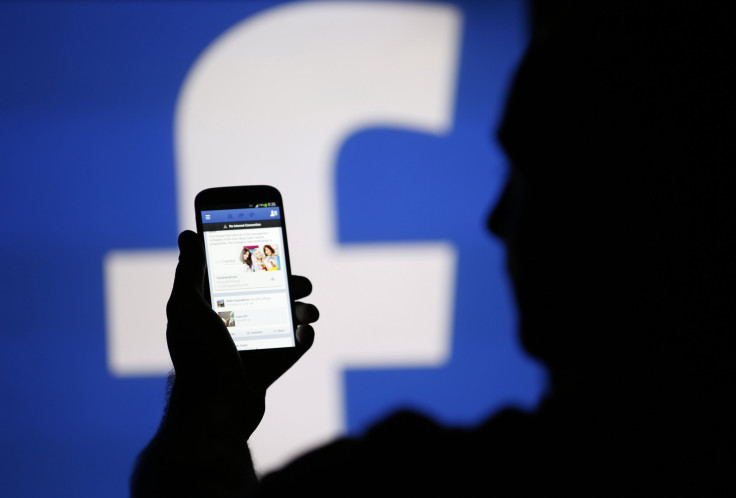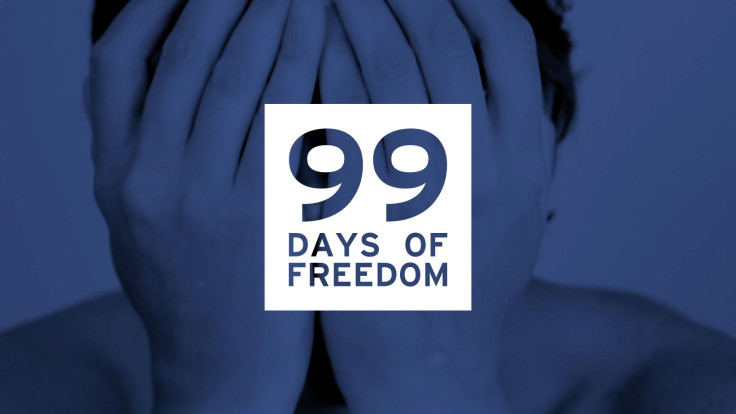Will ‘99 Days of Freedom’ From Facebook Make Users Happier? Campaign Seeks Answer

Here's yet another experiment on the influence of Facebook on users' moods and lives. But, this one's not from the social network.
In response to Facebook’s controversial 2012 mood experiment on nearly 700,000 unwitting users, a new campaign dubbed “99 Days of Freedom” aims to challenge users to sign out of Facebook for 99 consecutive days and report back to help determine how the hiatus affected their personal notions of happiness. The campaign, which “began as an office joke” but “quickly morphed into an officially-funded project” has been created by Just, an advertising agency based in The Netherlands.

Here's what Merijn Straathof, an art director at Just, has to say about the experiment:
Like a lot of Facebook users, many of us were bothered by reports of secret mood experiments. As we discussed it internally, we noted an interesting tendency: To a person, everyone had at least a ‘complicated’ relationship with Facebook. Whether it was being tagged in unflattering photos, getting into arguments with other users or simply regretting time lost through excessive use, there was a surprising degree of negative sentiment. Then someone joked, ‘I guess that the real question is, ‘How do you feel when you don't use Facebook?’ There was group laughter, followed by, ‘Wait a second. That's a really good question!
According to the instructions provided on the campaign’s website, interested users will have to post a “time-off” image as a profile picture and set up a personalized 99-day countdown clock on their Facebook page to let their friends know about their abstinence.
Participants will then be asked to complete anonymous “happiness surveys” on the thirty-third, sixty-sixth and ninety-ninth day of the experiment, and Just will compile and post the results on the campaign’s website. The campaign will also put up a message board where participants can anonymously share their experiences of how the 99-day break from Facebook is working out for them.
According to Facebook, its 1.2 billion users spend an average of 17 minutes a day on the site, posting status updates, following links or browsing photos. The people behind the campaign claim that quitting Facebook for 99 days will save more than 28 hours during this period for the average user, paving way for “more emotionally fulfilling activities -- learning a new skill, performing volunteer work or spending time (offline) with friends and family.”
However, Straathof and his colleagues said that the initiative is neither an anti-Facebook protest nor an attempt to harm the social-networking site's popularity.
“Facebook is an incredible plat form, we’re all fiercely loyal users and we believe that there's a lot to love about the service,” Straathof said. “But we also feel that there are obvious emotional benefits to moderation. Our prediction is that the experiment will yield a lot of positive personal experiences and, 99 days from now, we’ll know whether that theory has legs.”
At the time of reporting, 5,357 people had taken up the challenge, according to the campaign’s website.
© Copyright IBTimes 2025. All rights reserved.





















